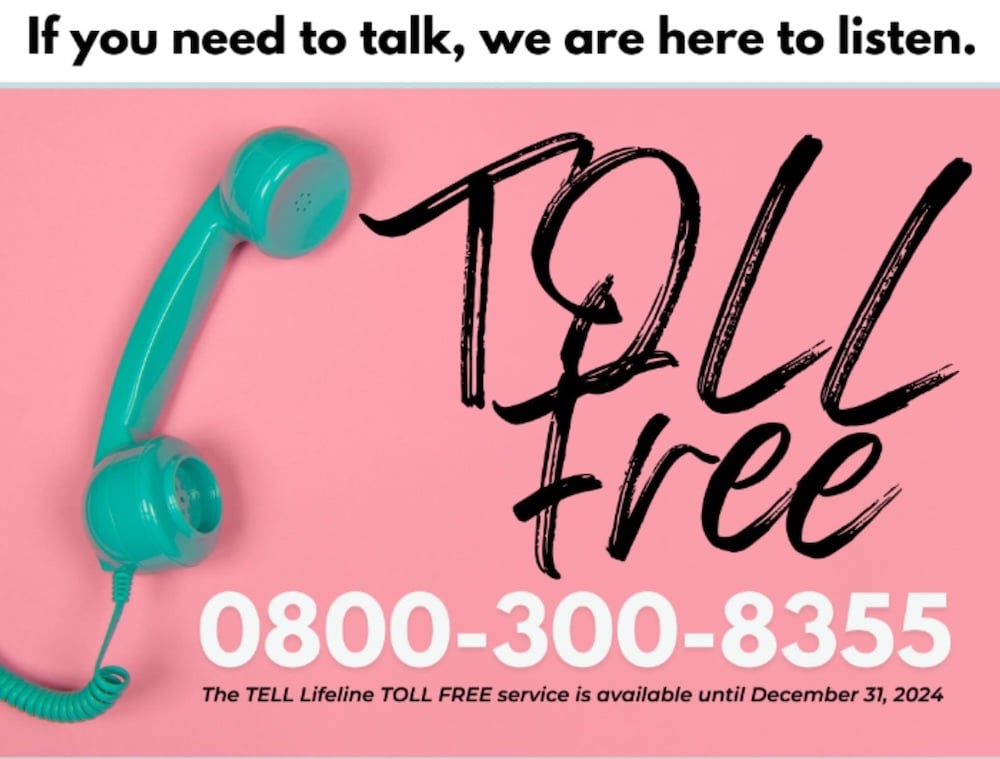
Moving to a new country and starting a new job or school is filled with endless activities such as filling out numerous applications and forms, searching for a place to live, working on a budget, and lastly packing for the big move. With so much to focus on, it is easy to push back other thoughts.
However, once the initial chaos subsides and your work or school routine sets in, you may start to notice cracks in your plan if reality falls short of your expectations. While the job or studies may keep you occupied, you might feel isolated socially. Immersing yourself in work or school can sustain you for a while, but it is not enough in the long run. It is essential to have non-work-related activities and friends for relaxation and entertainment to maintain balance and well-being.
From my experience of moving to Japan, making Japanese friends can be quite challenging. In cities like Tokyo, people tend to lead busy lives, often scheduling meetups, and activities months in advance. It is rare to be able to meet friends on short notice. The demands of work, marriage, and raising children only add to the complexity of people’s schedules. Spontaneous meetups become increasingly difficult as everyone gets busier.
Large cities in Japan, such as Tokyo, are a blend of long-time locals and newcomers—both Japanese and foreigners. However, integrating into communities where people already share common experiences, like school or work, can be challenging. Having lived in Japan for several years, I have gradually built a network of friends through various jobs and school, but this took considerable time and effort. Not everyone may have the patience or mindset to wait for such connections to form.

We All Feel the Stress
Many foreigners in Japan work on yearly contracts, where the employer decides at the end of each year whether to renew the agreement. This annual review process can be a significant source of stress. As a result, many contract workers feel compelled to go above and beyond to complete workplace duties, often taking on extra work and working long hours to demonstrate loyalty and ability, all in the hope of securing a contract for another year.
While Japan’s economy is reportedly strong, there are signs of economic weakness and overall, it is still recovering from the impact of COVID-19. For many foreigner workers, their visa is tied to company sponsorship, and if the company faces financial difficulties, it may not be able to retain all employees. This could result in not only losing a job but also the visa that allows them to stay in the country.
Stress comes from multiple directions. For the past two decades, residents in Japan, me included, became accustomed to deflation, with prices remaining mostly unchanged.
However, in the last 18 months, prices at supermarkets and other shops have started rising almost weekly, particularly for essentials like milk, bread, meat, and vegetables. While the Japanese press often highlights salary increases at certain companies, many people have not benefited from these raises. As a result, daily living expenses are gradually outpacing monthly salaries. Managing personal finances is an additional source of stress and may require substantial steps to overcome household deficits such as re-skilling and changing careers, finding more affordable housing, or even considering a return to one’s home country.
Reaching Out When Overwhelmed
As the days grow shorter and winter season approaches, most of us will be spending more time indoors. Seasonal changes can often intensify an already low or pessimistic mood. But how do you know when it is time to reach out and talk to someone about your depression or anxieties, rather than hoping the issues will resolve on their own? Here are some questions to ask yourself:
- Do you drag yourself to work and have trouble getting started?
- Do you feel removed from your work and the people you work with?
- Have you lost patience with co-workers, customers, or clients?
- Do you lack the energy to do your job well and is it hard to focus on your job?
- Do you feel little satisfaction from what you finish?
- Do you feel let down by your job?
- Do you doubt your skills and abilities?
- Are you using food, drugs, or alcohol to feel better or to numb yourself?
You might hesitate to reach out to friends or family, feeling like you don’t want to burden them. However, trying to manage everything on your own may not be sustainable. There are resources available to help with challenges related to work, relationships, and other personal struggles.
The COVID-19 pandemic tested all of us emotionally, as we faced the threat of a deadly virus and saw our work and personal lives change drastically in a short period of time.

Tokyo English Lifeline
TELL, Tokyo English Lifeline, is not just for those living in Tokyo and not just for the international community. About 40% of the calls and inquiries to TELL are from Japanese residents since many of the Japanese language-focused support is overwhelmed. TELL is a nonprofit organization and provides world-class, effective support and counseling services in Japan and helps to address the country’s growing mental health care needs.
TELL has both phone and chat services for anyone needing to talk with someone immediately as well as counseling services either online or in-person for scheduled appointments. TELL’s services provide critical support for people dealing with suicidal thoughts, relationship breakups, domestic violence, sexual assault, workplace issues, bullying, loneliness, and gender issues, among others. TELL’s philosophy is that having someone to talk to when you are alone or feeling vulnerable can make all the difference in getting through difficult times. TELL Counselling realizes there can be many obstacles in seeking help and they are working to remove them so they offer subsidized counselling to those qualified who may be experiencing financial hardships.
TELL also works with many employers as part of the EAP (employee assistance program) provided by companies. They also have outreach programs in communities at various times throughout the year so check the website for dates and activities.
Lastly, TELL is always looking for volunteers. If you would like to support those who need help and would like to connect with a community that cares about mental health, please consider volunteering for the TELL Lifeline.
Japanese Staff at Global Companies
There are plenty of stories and advice for foreign residents in Japan on how to adapt to working in Japanese companies. However, many Japanese employees also face challenges when working for international companies. As expected, global companies have their own expectations and workplace cultures. In these environments, multinational teams are common, each person bringing their own unique cultural trait. Overall, employees are typically expected to be more independent, actively contribute suggestions, and make decisions based on their role. The pace of discussions and decision-making is often faster than what many Japanese workers are accustomed to and may require time to adapt to this style.
Thriving Not Just Surviving
Let’s hope your time in Japan will be thriving not just surviving. Thriving may not happen overnight—it can take weeks, months, or even longer. However, with time, hopefully you will experience moments of success that will inspire and motivate you to continue your journey with enjoyment and purpose.





















